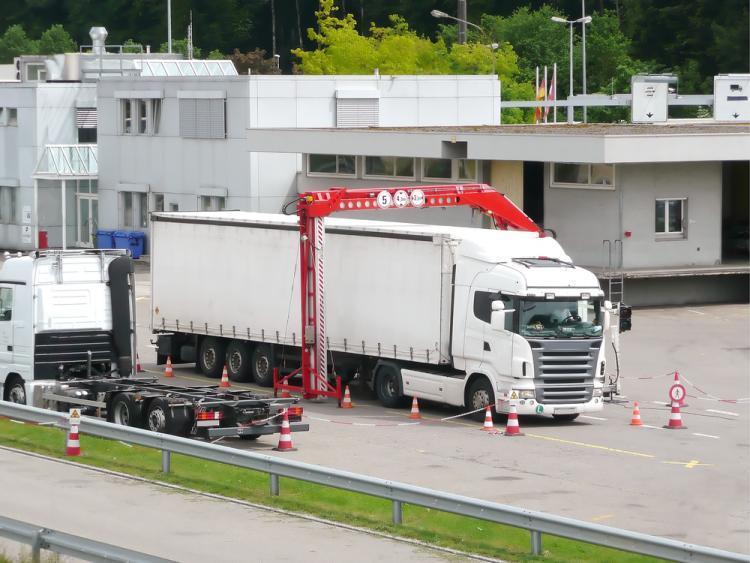Economic Reform Programmes

Economic governance is one of the pillars of the EU's enlargement policy, mirroring developments within the EU to strengthen economic policy under the European Semester. A new approach has been developed to help the enlargement partners strengthen macroeconomic stability, boost growth and meet the economic criteria for accession, as well as to prepare them for their future participation in the EU’s economic policy coordination procedures in the European Semester.
Since 2015, all candidate countries and potential candidates prepare and submit annually the Economic Reform Programmes (ERPs). They are an expanded version of the previous Pre-Accession Economic Programmes. The ERPs contain medium-term macroeconomic projections (including for GDP growth, inflation, trade balance and capital flows), budgetary plans and a structural reform agenda for the next three years. The structural reform agenda includes reforms to boost competitiveness and improve conditions for inclusive growth and job creation in the following areas:
- Public Financial Management;
- Green transition;
- Digital transformation;
- Business environment and reduction of the informal economy;
- Research, development and innovation;
- Economic integration reforms;
- Energy market reforms;
- Transport market reforms;
- Agriculture, industry and services;
- Education and skills;
- Employment and labour market;
- Social protection and inclusion;
- Healthcare systems.
The European Commission and the European Central Bank prepare their assessments of the ERPs for the enlargement countries. This forms the basis for a multilateral economic policy dialogue involving enlargement countries, EU Member States, the Commission and the European Central Bank. The dialogue culminates in a high-level meeting during which participants adopt joint conclusions that include country-specific policy guidance reflecting the most pressing economic reform needs.
In January 2022, Türkiye submitted its annual Economic Reform Programme covering the period 2022-2024, which was subsequently subject to an Assessment by the European Commission. The Economic and Financial Dialogue between the EU and the Western Balkans and Türkiye took place on 22 May 2022, where the Joint Conclusions with the specific targeted Policy Guidance for this ERP cycle were agreed.


